 Changes in public religiosity, the politicization of some evangelical denominations, the prolonged scandal in the Catholic Archdiocese and the COVID pandemic—they’ve taken a toll on attendance and the dynamism of many churches, nationally and in the neighborhood.
Changes in public religiosity, the politicization of some evangelical denominations, the prolonged scandal in the Catholic Archdiocese and the COVID pandemic—they’ve taken a toll on attendance and the dynamism of many churches, nationally and in the neighborhood.
City Temple of Baltimore, located where Dolphin Street intersects with Eutaw Place on Bolton Hill’s southwestern border, has seen all of that, but last month it suffered a more pronounced setback. The Rev. Dr. Grady Yeargin Jr, pastor of that distinguished black Baptist church for 37 years, died on Oct. 16. A native of South Carolina, he was 73 and had health issues.
Dr. Yeargin was active in Baltimoreans United in Leadership Development (B.U.I.L.D.) and served as a leader in the Interdenominational Ministerial Alliance. He was active in the Institute for Christian and Jewish Studies and the United Missionary Baptist Convention of Maryland. He was a co-chairperson of the local National Black Leadership Commission on AIDS.
In recent weeks services at City Temple have been conducted by a team of assistant pastors, two of them ordained and the others active members of the congregation. At a recent, sparsely attended Sunday morning service in the beautifully appointed main chapel, the Rev. Debra Hickman-Arnett spoke warmly of Dr. Yeargin and the church’s loss. “We are here now as a family,” she said. A memorial service for Dr. Yeargin was scheduled for Nov. 11.
City Temple occupies one of the older and more elegant church buildings in the city, constructed from 1868 to 1871. It was formerly called Eutaw Place Baptist Church, a white church which was linked to the leadership of the segregationist Southern Baptist Convention. Eutaw Place helped create a number of other white Baptist congregations before leaving the neighborhood in 1970. It became Woodbrook Baptist Church which, after 139 years in operation, still exists in Towson.
The City Temple building was designed by Thomas U. Walter of Philadelphia. He was a founder of the American Institute of Architects and the architect of the U.S. Capitol, appointed by President Millard Fillmore in 1851. Walter was best known as the designer of the Capitol dome and the Capitol building expansion that added the House and Senate wings.
He was a Baptist and a slaveholder. He purchased three enslaved men who were craftsmen, engaged them in his work and enabled them to earn their freedom in a relatively short time. A supporter of the Union, he saw his family divide over the Civil War, with two sons joining the Union army and a third fighting for the Confederacy.
City Temple morning services begin at 9 a.m. each Sunday. They are livestreamed on Facebook. A weekly prayer session is conducted on Zoom.
